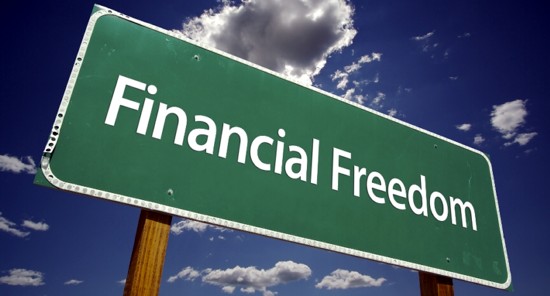

In 1976, when Friedman was awarded the Nobel Prize in Economic Sciences for his work on consumption analysis, monetary history and theory, and the complexity of stabilization policy, it marked the turning of the tide away from three decades of Keynesian Economics and toward the Chicago School of Economics he had co-founded.Financial security is the ability to meet current and ongoing commitments. Critics of Friedman have said that he inspired policies that “put millions…out of work in pursuit of low inflation” and “demonized almost everything the government did, no matter how beneficial or democratically chosen.” As James Galbraith, the son of the liberal economist John Kenneth Galbraith, put it: “Milton Friedman didn't make a distinction between the big government of the People's Republic of China and the big government of the United States.".While Keynes has remained popular-and he is widely credited with creating the first systematic approach to macroeconomic government policy-Friedman’s arguments against Keynesian fiscal policy and for monetary policy have been dominant since the 1980s.Critics of Keynes have labelled his theories as pseudo-scientific justification for short-sighted elected politicians to run fiscal deficits and accumulate massive levels of government debt.government policy was driven by Keynesian principles of interventionist fiscal policy to smooth out recessions and prop up aggregate demand, including strategic government spending to spur consumption and alleviate unemployment. Until Friedman, Keynesian economics was the dominant paradigm in economic thought.If Keynes was the most influential economic thinker of the first half of the 20th century, Friedman was the most influential economic thinker of the second half.

John Maynard Keynes and Milton Friedman were two of the most influential economic and public policy thinkers of the 20th century.
MONETARY FREEDOM DEFINITION FREE
In a direct challenge to the Keynesian establishment, Friedman and his fellow monetarists held that governments could foster economic stability by controlling the supply of money that flows into the economy and allowing the rest of the market to fix itself ( monetarism) and argued for a return to the free market, including smaller government and deregulation in most areas of the economy ( free-market capitalism). Over the course of his academic career, Friedman wrote influential articles on the modern economy and published pioneering books that changed the way economics is taught.



 0 kommentar(er)
0 kommentar(er)
